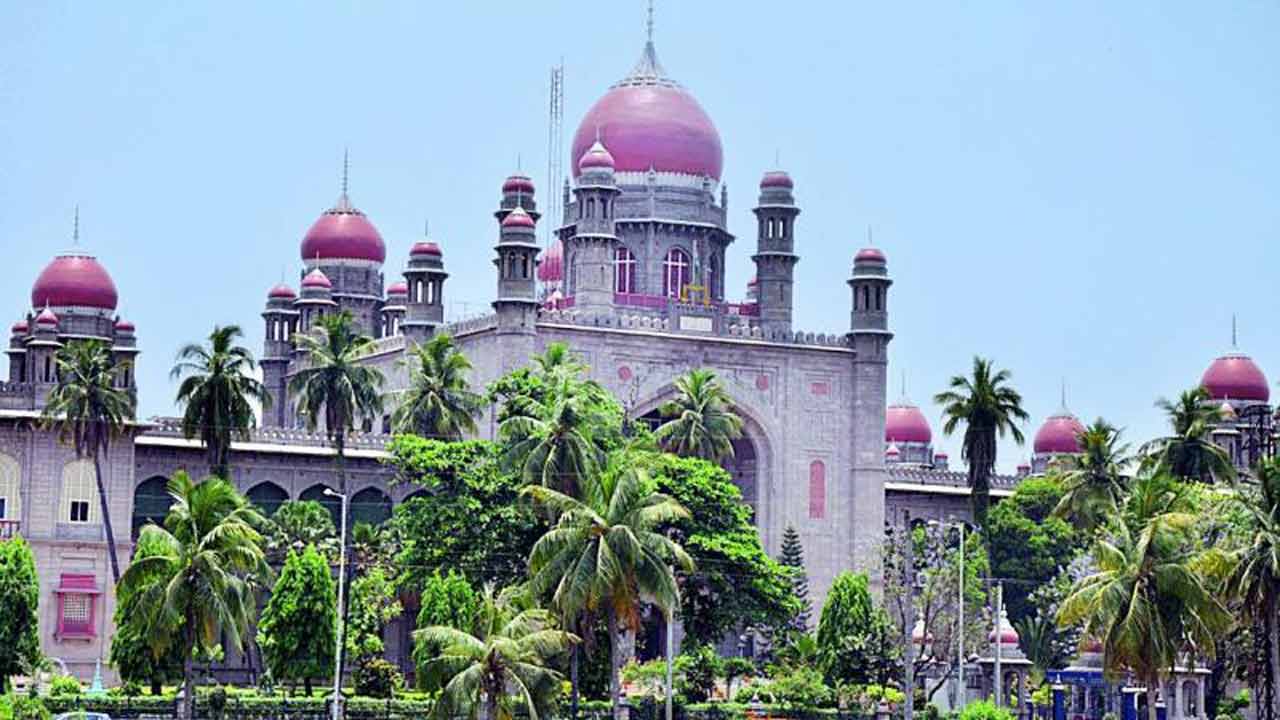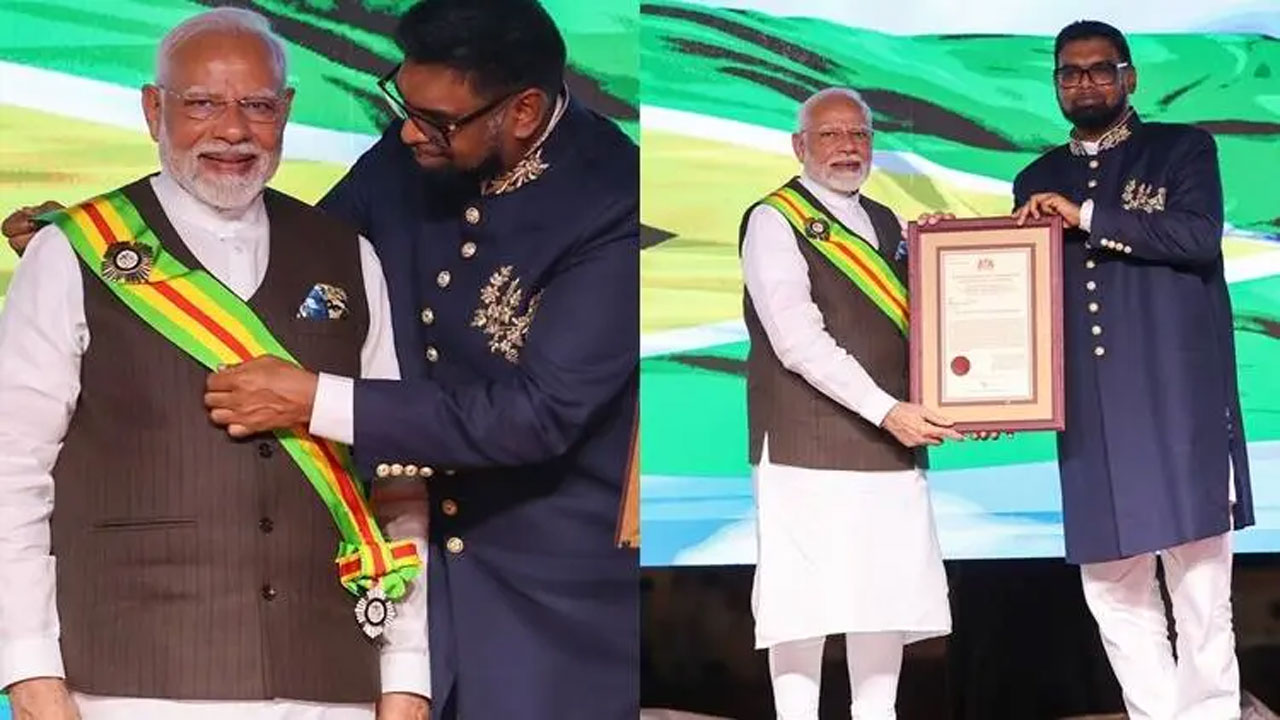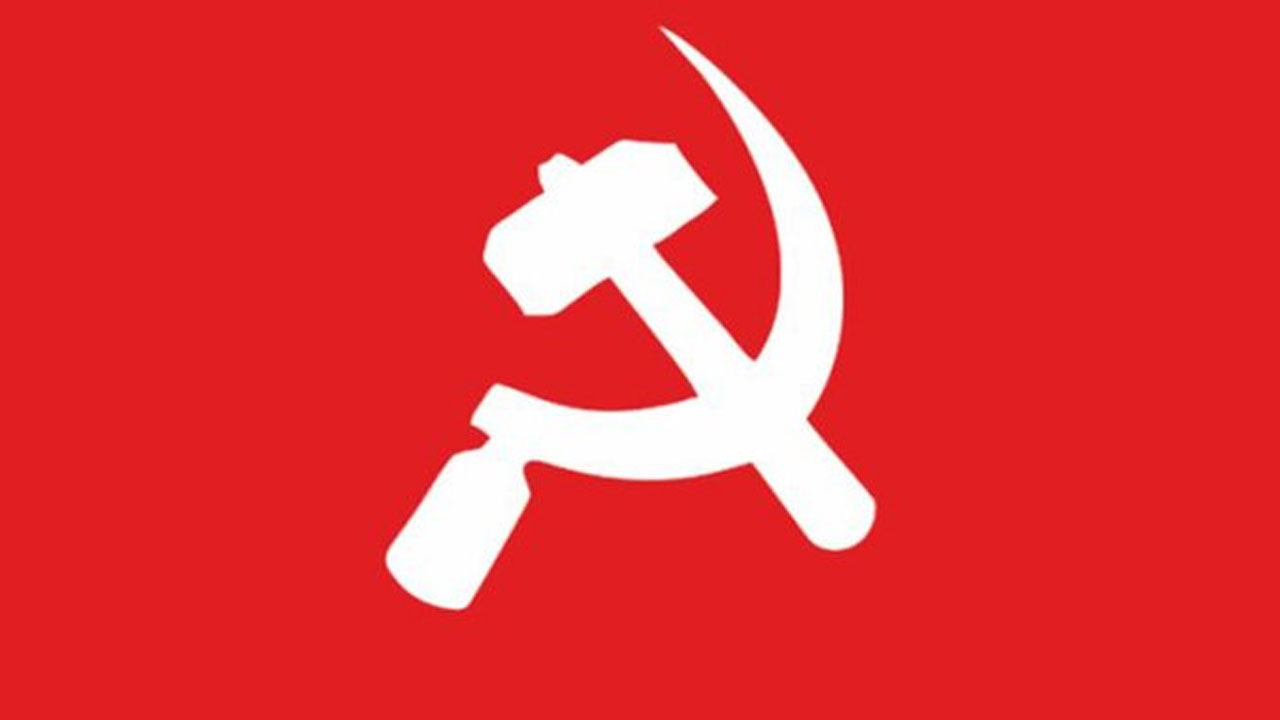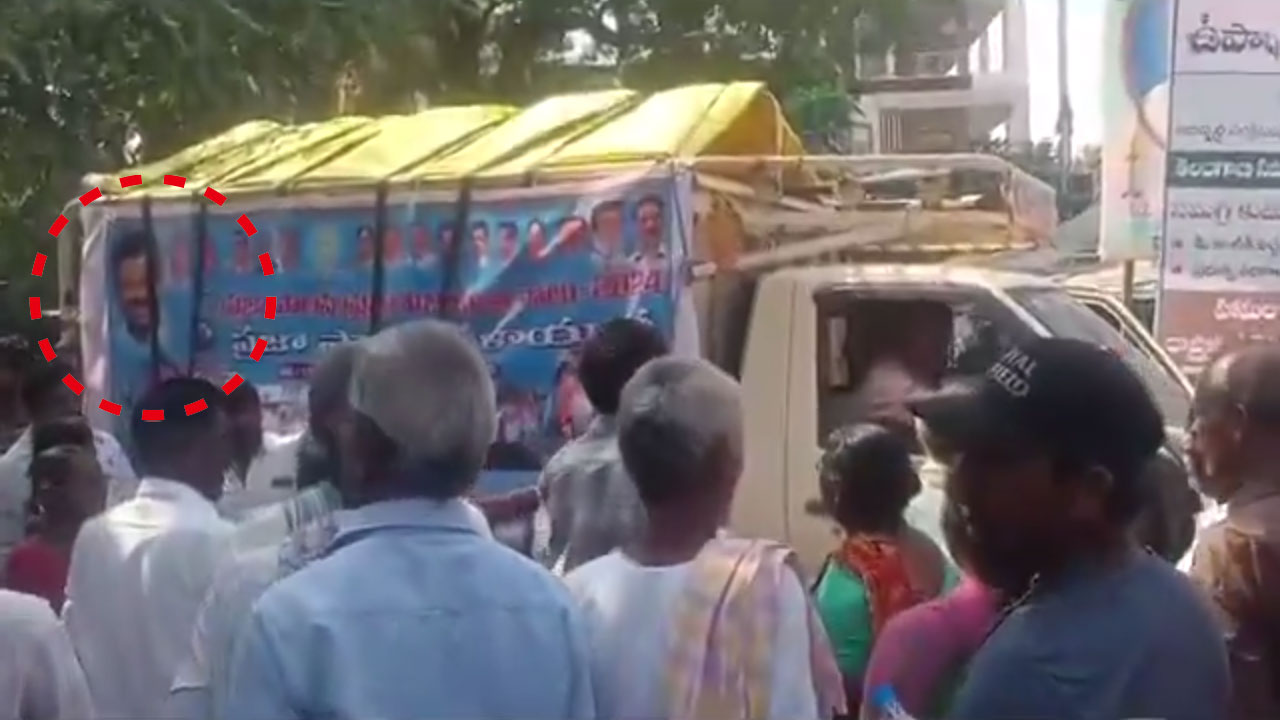SC Refused To Entertain Plea Challenging Automatic Disqualification Of Legislators
Delhi/Hyderabad, May 4 (Maxim News): The Supreme Court on Thursday refused to entertain a plea challenging validity of blanket automatic disqualification of legislators from the Parliament or State Assembly after the conviction in a criminal case.
The plea was filed following the disqualification of Congress leader Rahul Gandhi as an MP. A bench of Chief Justice of India D Y Chandrachud and Justices PS Narasimha and JB Pardiwala declined to hear the plea and allowed the petitioner to withdraw the case.
“How are you affected? when you are disqualified due to conviction then come here. Not now, either withdraw or we will dismiss it. We will only hear the aggrieved persons, ” the bench said.
The PIL challenged the constitutional validity of Section 8(3) of the Representation of the People Act, 1951 which lays down automatic disqualification of a legislator while terming it illegal.
The petition filed by social activist and PhD scholar Aabha Muralidharan sought direction to declare that there does not exist any automatic disqualification under Section 8(3) and in cases of automatic disqualification under Section 8(3), the same be declared as ultra-vires of the Constitution for being arbitrary and illegal.
The plea filed through advocate Deepak Prakash further asked the apex court to issue directions to declare that the mandate of Section 499 of IPC (which criminalises defamation) or any other offence prescribing maximum punishment of two years will not automatically disqualify any sitting member of any legislative body since it violates the freedom of speech and expression of an elected representative.
Section 8(3) is ultra vires of the Constitution since it curtails the free speech of an elected Member of Parliament or Member of the Legislative Assembly and restrains lawmakers from freely discharging their duties cast upon them by the voters of their respective constituency, the petition added.
The petition was filed after Rahul Gandhi was disqualified from the Lok Sabha after a Surat Court in Gujarat held him guilty of criminal defamation and sentenced him to two years in prison in a defamation case. The petition said that factors such as nature, gravity, role, moral turpitude and the accused’s role should be examined while considering disqualification under Chapter III of the 1951 Act. It stated that the intent of the legislature while laying down the Act of 1951 was to disqualify the elected members who upon commission of serious/heinous offences are convicted by the Courts and hence are liable to be disqualified. (Maxim News)
Next Story :
Now you can get the latest stories from Indtoday on Google News every day. Click the link to subscribe. Click to follow Indtoday’s Facebook page and Twitter and Instagram. For all the latest Hyderabad News updates





